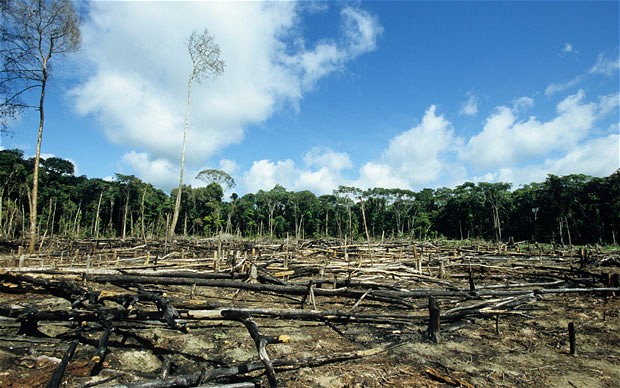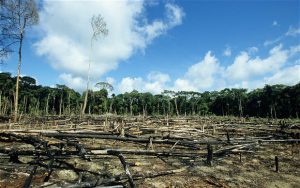The airline industry has been among the hardest hit by the Covid-19 pandemic; carriers are in ‘freefall’ as Glen Peters, research director at the Center for International Climate and Environment Research in Oslo recently wrote, with governments mulling stimulus packages for airline bailouts.
How we react to the coronavirus outbreak is crucial for society as a whole and the solar and energy storage industries can lead the charge in rewriting the status quo.
…
Humanity on a global scale is having to dramatically change its habits – to an extent many of us would not have thought possible just a few short months ago. However, it has shown us that when we have to, we can radically change our lifestyles. While the many who drag their feet when it comes to implementing real climate change measures argue we cannot cope with drastic change, we have demonstrated the opposite is true. Provided there is strong enough political will, that is.
Climate on the back burner?
There are fears, recently voiced on U.S. non-profit environmental website Grist, the COVID-19 crisis will put climate issues on the back burner as governments scramble to bail out badly-hit industries including airlines and fossil fuel conglomerates. Now more than ever, however, we should be pushing for the clean energy transition and other vital innovation such as green finance to drive the recovery, rather than reverting to the destructive status quo.
…
“If airlines go bankrupt, if trucking is severely reduced and consumers stop buying new cars, will this actually kick start the transition away from fossil fuels? As countries seek to recover and pull out of this mobility shock, will we seek to return to the high-mobility, high-energy, high-carbon economy of the past? Or will we begin the urgently needed shift to a low-carbon economy, one premised on more resilient, regenerative and circular forms of local exchange? Could this be the push we needed to truly implement the low-carbon transition that scientists have warned us is necessary to stop the global climate emergency? While some might see this as the wrong time to worry about climate change – in the midst of a viral emergency that needs immediate response – for others these two things are connected.”
Read more: PV Magazine





